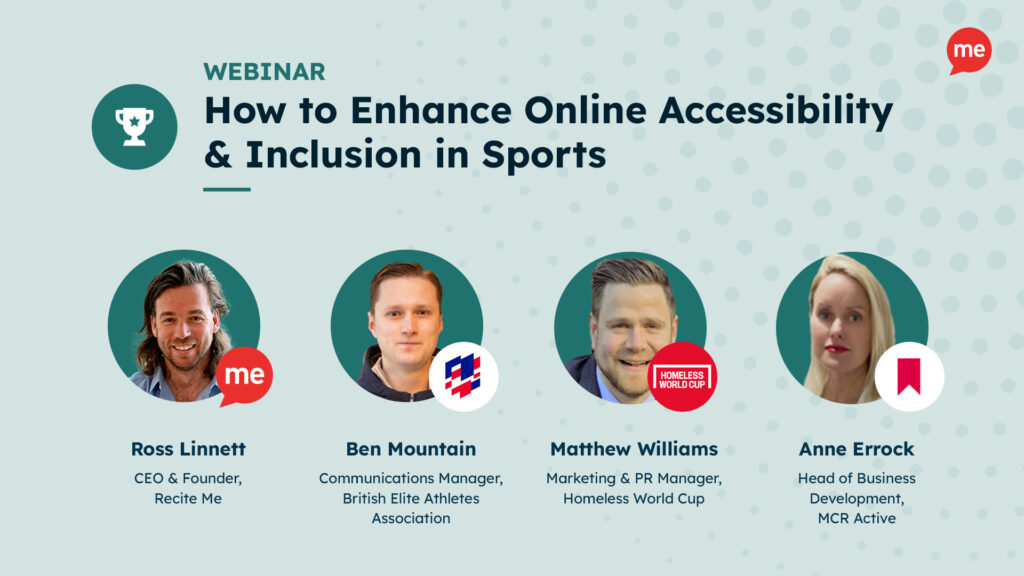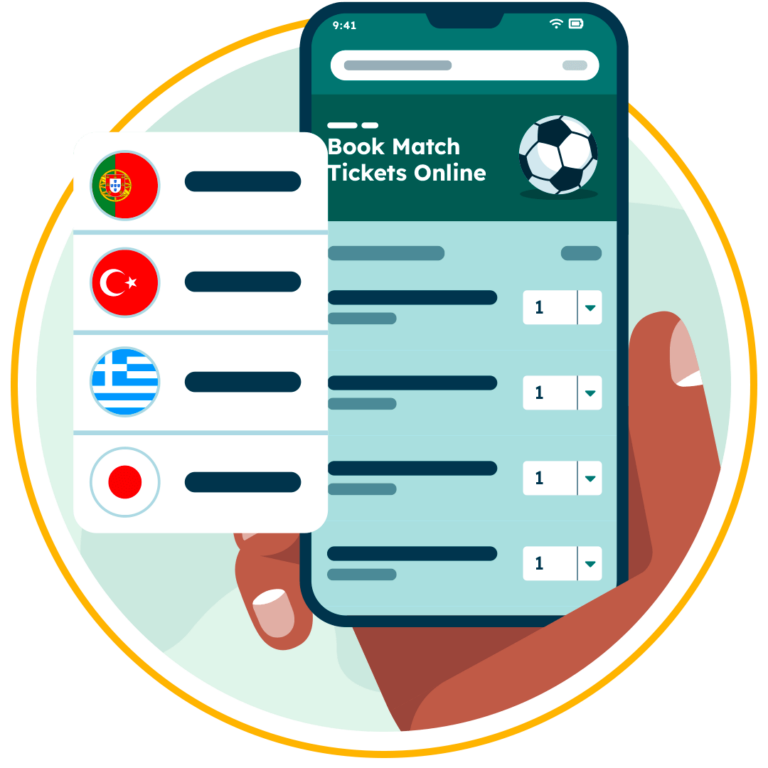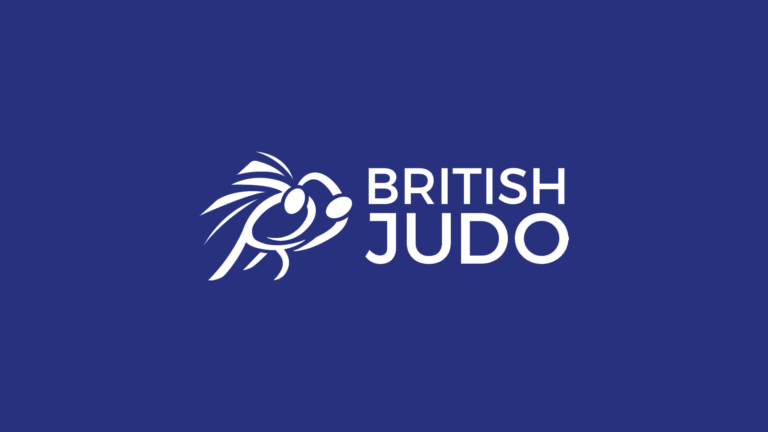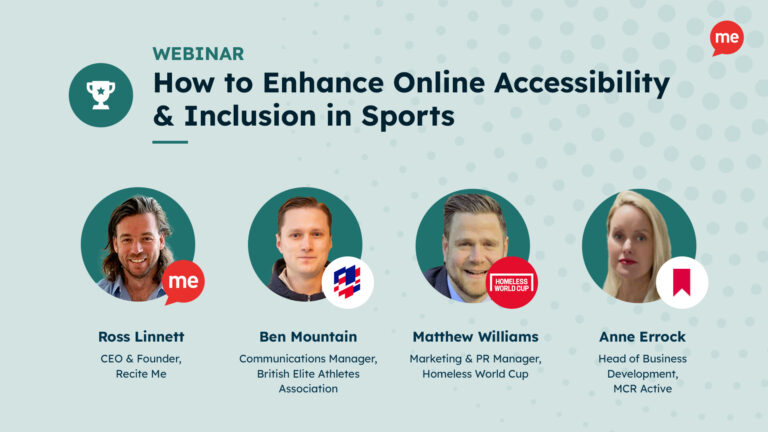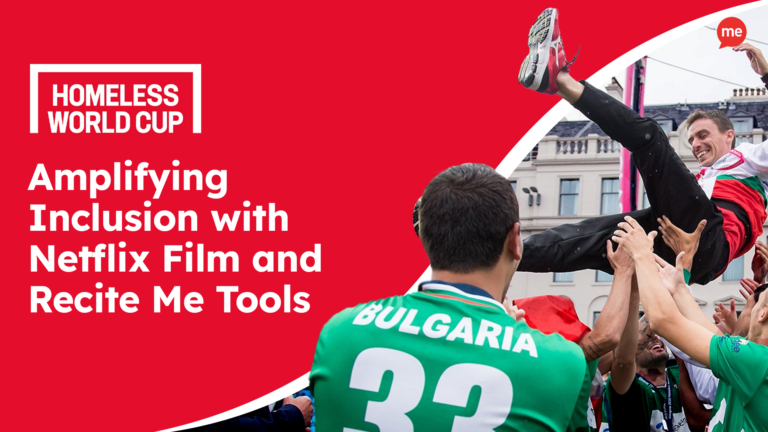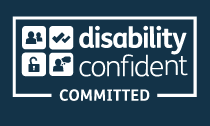The sports sector is well known for its ability to transcend linguistic and cultural boundaries, and the role of digital platforms in connecting sports enthusiasts and stakeholders across continents cannot be overstated.
In our increasingly interconnected world, distance is merely a concept. The internet serves as a global town square, uniting individuals worldwide in shared moments of triumph, defeat, and exhilaration. As sports continue to attract diverse and multicultural audiences, building multilingual websites becomes a necessity.
Why is Translation is Important on Sporting Websites?
While the language of sport itself may be universal, the languages spoken by sports enthusiasts are not. Effective multilingual communication is therefore paramount if websites are to engage with international fans, cater to diverse domestic audiences, and attract stakeholders, sponsors and international media coverage.
International Fans and Sport Tourism
Sports tourism represents around 10% of gross global tourism expenditure. From the roaring crowds of UK football stadiums to the thunderous applause at Indian World Cup cricket matches and the exhilarating roar of engines at Middle Eastern Formula 1 fixtures, the passion for sports knows no bounds. Attending in person can equate to a trip of a lifetime, although the journey typically begins online – way before fans set foot in an arena or stadium.
Fans go online to research sports organisations, check fixtures and facilities, and buy memberships and tickets. However, only around 19% of the global population speaks (or reads!) English, and only 6% as a first language, leaving a vast percentage of the market unable to understand website content without translation.
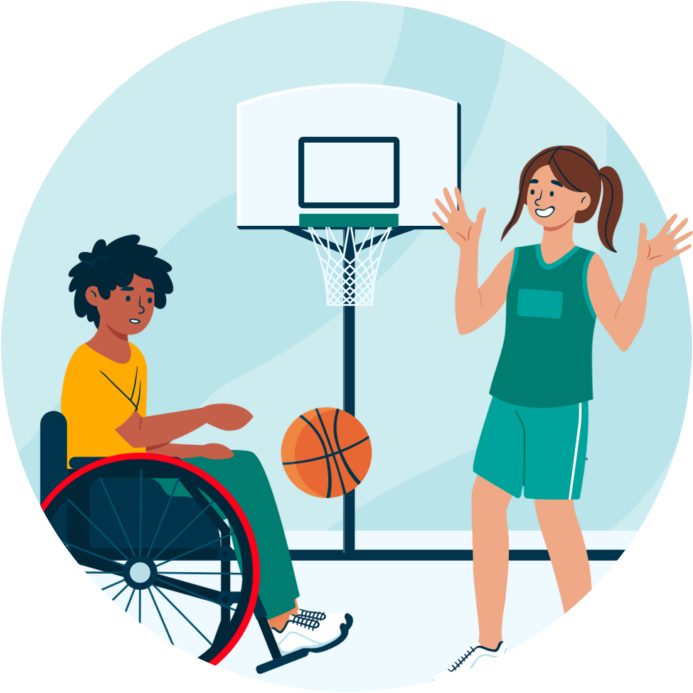
Diverse Domestic Fandom
The UK is a mosaic of cultures, languages, and identities, reflecting a rich history of immigration and globalisation. More than 300 languages are spoken in London alone, making it one of the most linguistically diverse cities in the world. Plus, according to census data, around 10% of Brits use a primary language other than English.
Providing multilingual access to online content enhances the overall user experience, fostering a sense of belonging and community. By embracing linguistic diversity, sports websites create a welcoming environment where fans from different cultural backgrounds can come together to celebrate their shared passion for sports.
Attracting Stakeholders, Sponsors and International Media
Sponsors and international media outlets are increasingly drawn to platforms that offer access to diverse and geographically dispersed audiences. Plus, major investors often come from overseas. For example, in the Premier League alone, the majority shareholders of 75% of teams (15 out of 20) are from outside the UK.
By translating content into multiple languages, sports websites can tap into new markets and amplify brand visibility and engagement. The business opportunities stemming from multilingualism extend to partnerships, advertising revenue, and content licensing agreements, to name just a few. So, in terms of financial sustainability and growth prospects, a multilingual website is a must.
The Benefits of a Multilingual Sports Website
A multilingual website reflects a commitment to making sports accessible to everyone, regardless of language or cultural background. This is a significant benefit in itself. However, there are a multitude of additional business benefits beyond the moral basics.
Revenue
- Expanded audience reach – As content in additional languages becomes available, more people will visit and buy from your site.
- Higher levels of engagement – People interact with more features on websites that speak their language.
- Additional monetisation – Targeted advertising, sponsored content, and partnerships with global brands can be lucrative.
Website SEO Performance
- Enhanced keyword targeting – Multilingual content allows for targeting keywords in multiple languages, broadening your SEO reach.
- Improved rankings – The more online traffic you attract and retain, the higher your website will appear in search engine results pages (SERPs).
- Enhanced user experience – Improved usability for non-English speakers generates positive user signals like longer session duration and higher conversion rates, which are valued by search engines.
Brand Loyalty
- Dedication – Multilingual websites demonstrate a commitment to inclusivity and accessibility, showcasing a brand that goes the extra mile to connect with diverse audiences.
- Reliability – Modern-day consumers actively favour value-driven brands, and a multilingual website showcases a warm and welcoming brand persona.
- Trust – Fans appreciate brands that acknowledge and respect their identities, leading to a stronger emotional connection.
The Challenges of Building a Multilingual Website
While duplicating pages into multiple languages is a good idea in theory, there are several obstacles in practice. The most common roadblocks include:
- Budget constraints – The more languages you add, the more expensive it becomes.
- Complex coding – Languages like Arabic and Hebrew that run from right to left require the repositioning of multiple graphical elements.
- Language prioritisation – Working out which languages to prioritise first for the most significant benefits can be complicated and confusing.
- Accuracy – Even when you use the best translators, it’s impossible to verify accuracy in-house.
How Recite Me can Help
One of the best ways to make your website linguistically inclusive is to use accessibility software. The Recite Me Toolbar helps thousands of businesses to boost usability by providing:
- On-screen translation in over 100 languages
- Text-to-speech in 65 languages
- A built-in dictionary and thesaurus to check definitions
How does it work? Our toolbar utilses Google Translate machine translation, using state-of-the-art software to translate text from one language to another without the need for human involvement.
And it gets even better. Aside from language-specific tools, website visitors can also access a range of other features that help people with disabilities, including physical, visual, auditory, cognitive, and neurological conditions, to make customisations for easier navigation and reading. Examples include:
- Extensive options to personalise typeface, font size, spacing, and colour.
- The ability to strip away image carousels and graphics.
- Using an on-screen mask screen or ruler to help with focus.
- Downloading content as an audio file as an alternative to real-time reading.
Ready to learn more? Schedule a free demonstration, or try the toolbar for yourself today!

On-Demand Webinar: Online Inclusion in Sport
Tune into our on-demand webinar to hear from sporting organisations leading the way in providing inclusive online communications for fans, players and employees.
You will learn how you can engage with disabled, international and elderly visitors via your website. The session will equip you with best practices, hints and tips on how to ensure no one is excluded from your online communications.
